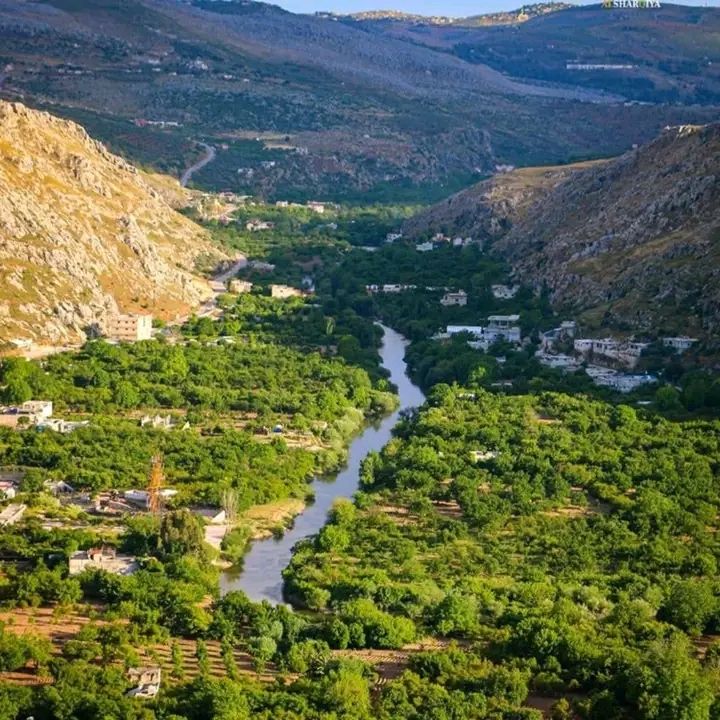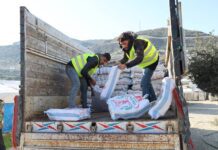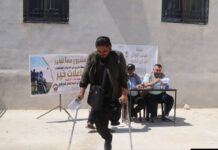
Tourism in Syria is one of the important sectors reflecting the country’s rich history and diverse culture. Despite the challenges Syria has faced in recent years and the destruction affecting many archaeological sites due to bombardment by the fallen regime, Syria remains a destination for many tourists from around the world.
Idlib’s Archaeological Significance
Idlib, located in northwestern Syria, is a city rich in archaeological sites and is classified as one of the most important historical regions in the country due to its deep-rooted archaeological landmarks dating back to the first people to settle the region.
The Idlib Governorate, which spans a vast area in northern Syria, contains numerous archaeological sites listed as UNESCO World Heritage sites. However, many of these archaeological sites in Idlib city and throughout the governorate were demolished, with some buildings and landmarks destroyed at the onset of the revolution in the spring of 2011.
Years of Destruction and Loss
The archaeological sites in Idlib were subjected to serious violations, including vandalism and random excavation. Many archaeological buildings—churches, tombs, palaces, historic homes, and walls— were bombed with various types of weapons by Russia and the Assad regime, which conducted intensive airstrikes on the region during the years of the revolution.
A Revival in Progress
Due to the increased interest in the governorate’s tourism and commercial destinations from residents of other parts of Syria, following the liberation, the Syrian government is making efforts to revive and enhance tourism in Idlib to contribute to its sustainable development.
The Minister of Tourism, Mazen al-Salhani, met with the Governor of Idlib, Muhammad Abdulrahman, to discuss the current state of the tourism sector in the province as the tourist season approaches.
The meeting addressed plans to establish new tourist resorts and hotels across Idlib, along with rehabilitating the Carlton Hotel and and Sheikh Issa Baths—known for their mineral sulfur waters and healing properties.
Reclaiming the Past and Looking to the Future
The governor emphasized the necessity of reinstating those, who were dismissed from work by the fallen regime, back into the Tourism Directorate in Idlib, in addition to rehabilitating archaeological sites in the governorate.
The summer season is expected to witness promising tourism activity in Idlib, which includes recreational areas known for their afordibilty, such as areas like Darkoush located on the banks of the Orontes River, which has turned into a major tourist destination.
However, Idlib’s resurgence as a tourism hub is more than a seasonal trend—it’s a symbol of resilience and cultural reclamation. As the region works to preserve its heritage while building for the future, tourism is emerging as both a healing force and an economic engine.








